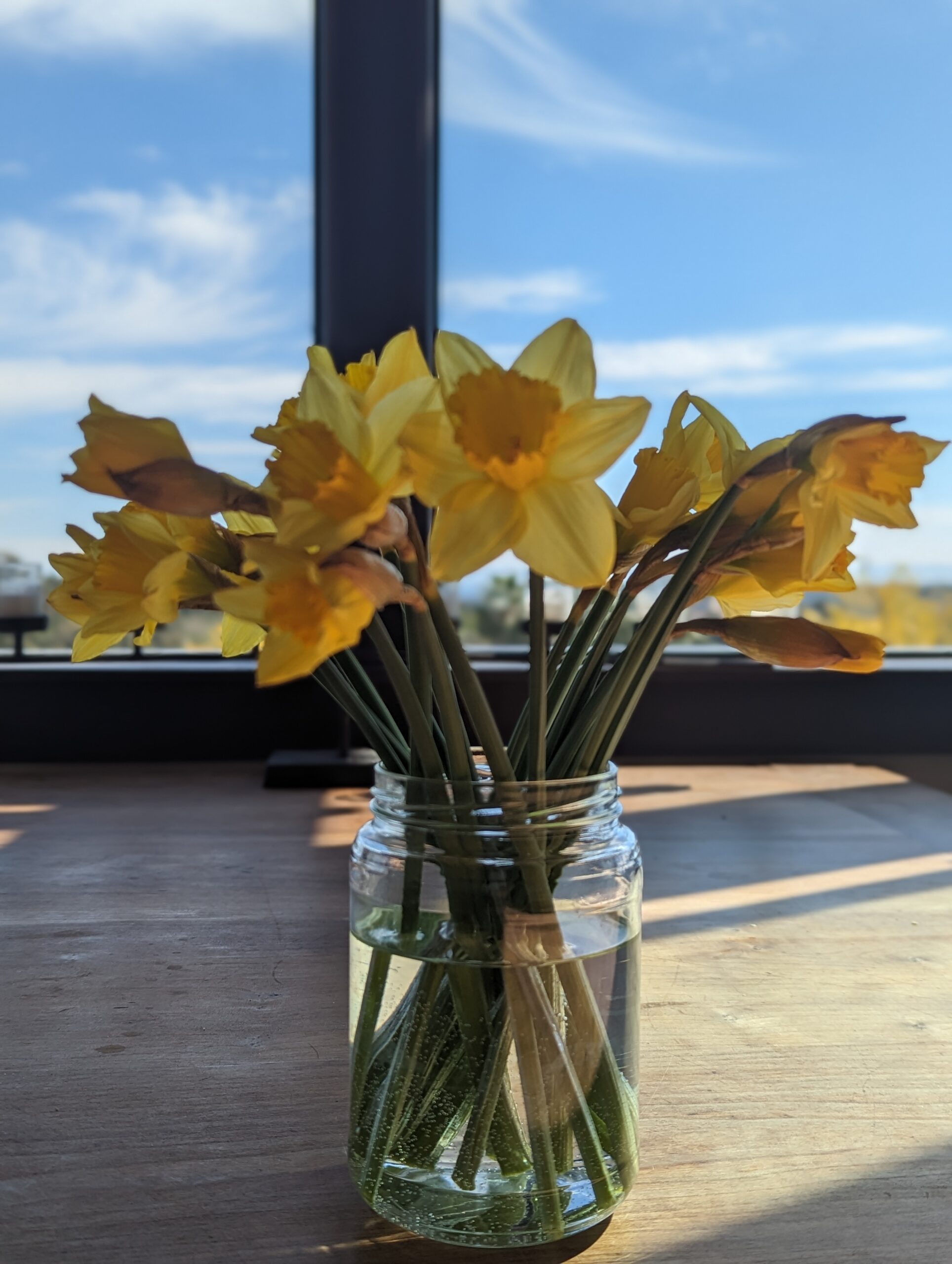Self help advice and guidance has been around for 1,000s of years – the ancient Egyptians called it Sebayt: an entire genre dedicated to instructing ethics and morality leading to a way of “living truly”. Cut to today and it is a $10.5 billion industry, expected to reach $14 billion by 2025. Everyone I know has at least come into contact with some self-help books along the way and I bet that is the same for most people. And yet they get a terrible rap right? People HATE these things. Which begs the question, maybe they could use a little introspection into why they feel so strongly about it – I’m sure there’s a book on that somewhere.
And I get the pushback – I grew up in a time when writing required sources, citations of other works, etc. Today it feels like anyone can put a thought out there just because they had it (ummm see this blog I guess? But I did do some research, keep reading) and so I understand some of the arguments against the self – help genre. Namely being a placebo, just offering common sense advice, and giving false hope. (Jeroen Kraaijenbrink – Forbes 2019) ~side note: I really liked his article and the fact that HE cited sources too. Read it here.
Sure self-help books may be all of those things and while I agree there are some problems that absolutely should be worked out under the care of a professional, I would argue that most of the people browsing the self-help section at Barnes and Noble during their lunch hour are probably not dealing with those.
I am generally an ends justify the means sort of person so the placebo effect never bothers me. If something makes you feel better or do better and it wasn’t harmful, then yay, what’s the problem? In fact it annoys me a bit when people discredit placebos – I’ve heard arguments of “see it was all in their head”. Well duh, everything in our bodies is connected and guess what runs all of them – the head yeah? My favorite line from Harry Potter is when Harry asks Dumbledore if it’s all real or just in his head. Dumbledore responds with “Of course it’s all in your head Harry, that doesn’t make it any less real”. Brilliant! I’m also a big fan of “whatever works”, “whatever gets you through the night”, etc… So that’s my answer to the placebo effect – cool, it had an effect and you feel better, all good.
As for offering common sense advice, well that’s ok isn’t it? Ideally we have parents, siblings, friends, mentors, someone to give us words of wisdom and gentle guidance. But one thing I think we can all agree on is that life isn’t ideal for a lot of people. So some people need a stranger’s help (as Ram Dass said, “we’re all just walking each other home”). Other times people who have those support systems need a little outside advice. For example, my mom was amazing, she loved us so much and taught us so many things, just not cooking. She had 4 kids and zero time for shenanigans in the kitchen. Inevitably, I went to college with no idea how to make a hot dog without a microwave. I was lucky enough to be able to call my mom and tease her about this – to which she responded by sending me a whole book someone wrote on the basics of cooking – basics as in what a wooden spoon is – no lie. My point is, getting common sense from a book or a video that resonates with you doesn’t seem like a bad thing to me.
False hope is trickiest for me. Giving false hope to someone that they can get out of a dangerous situation by speaking a mantra is problematic. But normally these books give steps and ideas to take some sort of action, and taking a first step is usually the hardest part for people. So if they help people take that first step, how is that false? John Lennon said, “It’s all going to be ok in the end, if it’s not ok it’s not the end”. For me that’s hope – even if I have to work and grow and learn and struggle, at the end of my time here on Earth, it’s all ok. Or as my son says, “well if I die that’s too bad but it won’t be my problem” – he comes by his snark honestly.
According to the Cambridge Dictionary “We use hope when we do not know whether something will happen or not but we want it to happen”. I’m not sure how I would get through life without hope. Again, obviously there are problems that take more than hope to fix. And some say self help books may cause people to not seek professional help. I guess I would argue that if they are looking to self help, it’s really a sign that they are ready to start dealing with the problem. Getting professional help takes time and money and a willingness to go and of course not everyone has these. So self help might be at least a great starting point. Look at AA’s Big Book that has helped change countless lives.
In fact, I believe that one of the strongest arguments for the industry is that it offers hope – it’s evidence that the person struggling is not alone. Enough people have been where they are that there is a whole book on the topic. We’re not alone. Others have been there and made it through. So there’s hope right? Keep going!


Leave a Reply